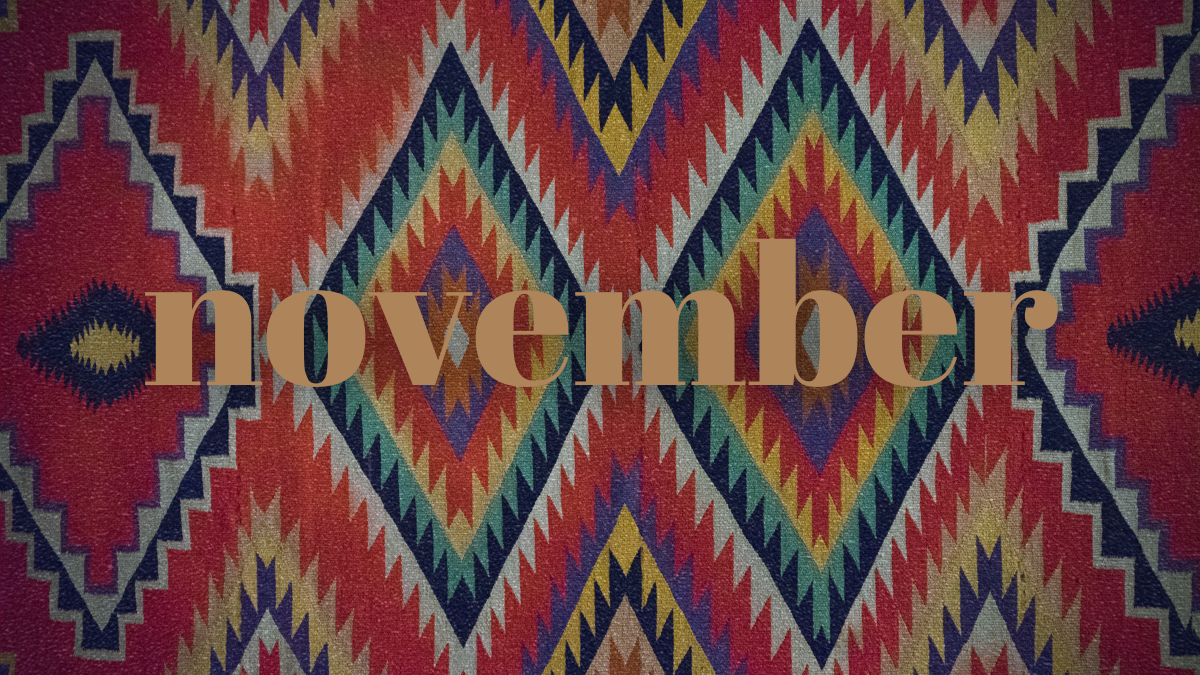Source: Press Release
At the start of this month, North Carolina Governor Roy Cooper proclaimed November as American Indian Heritage Month in honor of our nation’s first inhabitants. North Carolina has eight state recognized tribes including the Coharie, Eastern Band of Cherokee, Haliwa-Saponi, Lumbee, Meherrin, Occaneechi Band of Saponi Nation, Sappony and Waccamaw-Siouan. In addition to the state-recognized tribes, the state’s four urban Indian organizations consisting of the Cumberland County Association for Indian People, and the Guilford, Metrolina, and Triangle Native American Associations.
“During American Indian Heritage Month, we celebrate the rich history and heritage of the thousands of American Indians who have been living on this land for more than 12,000 years,” said Governor Cooper. “It is important that we help make sure our indigenous communities have the resources they need to thrive in North Carolina.”
More than 130,000 American Indians reside in North Carolina, as of the 2020 US Census, making it the second largest American Indian population east of the Mississippi River and the seventh largest American Indian population in the country.
This year’s theme for American Indian Heritage Month is “Many Tribes, One People” to underscore the unity and strength as well as the rich history and culture of North Carolina’s tribal communities.
The NC Commission of Indian Affairs is partnering with the NC Museum of History, NC American Indian Heritage Commission, as well as North Carolina American Indian tribes and urban American Indian organizations to coordinate a weekend of special events. The 28th Annual American Indian Heritage Celebration kicks off with a virtual Education Day on November 17 at 9am and will feature storytelling and potter among other activities. On November 18 an in-person celebration will be held at the North Carolina Museum of History and will include various demonstrations and performances highlighting the artistry, customs, and culture of North Carolina’s American Indian tribes. Both events are free to attend and open to the public.





